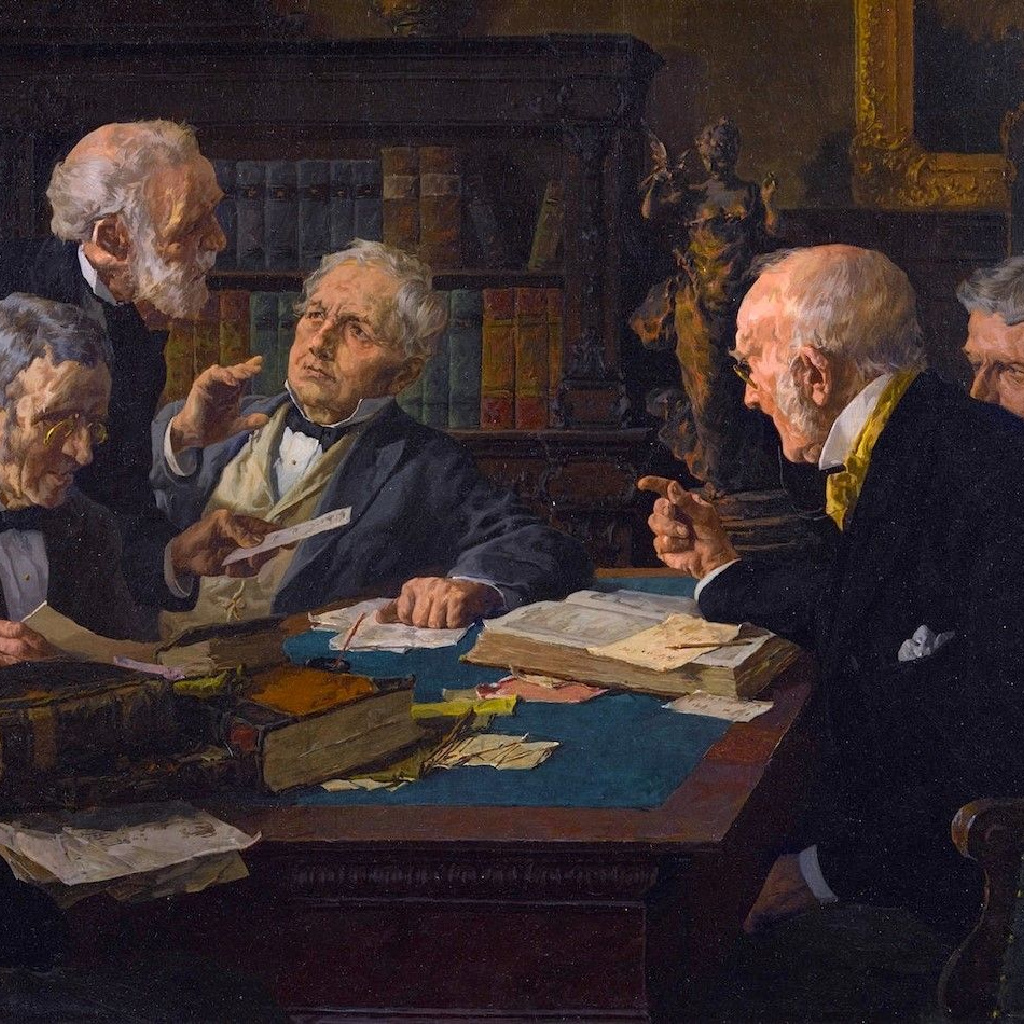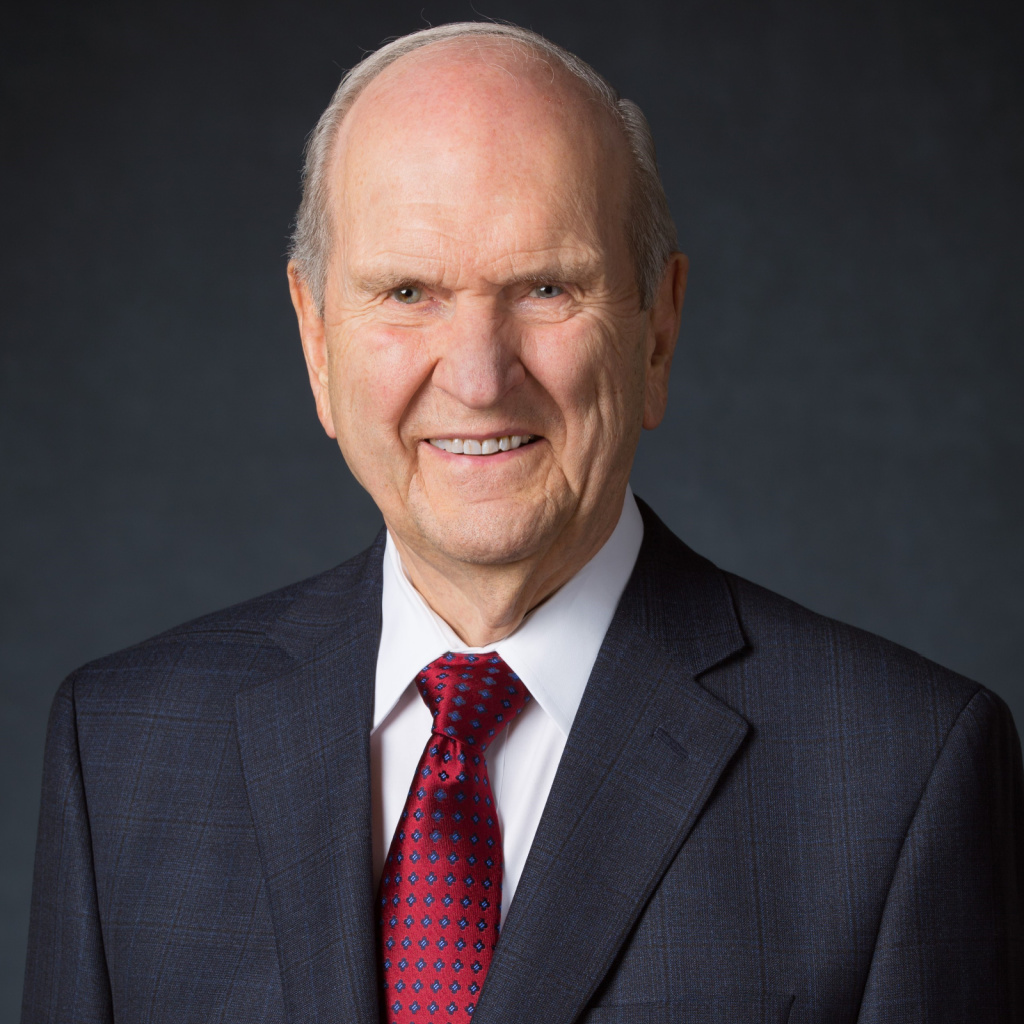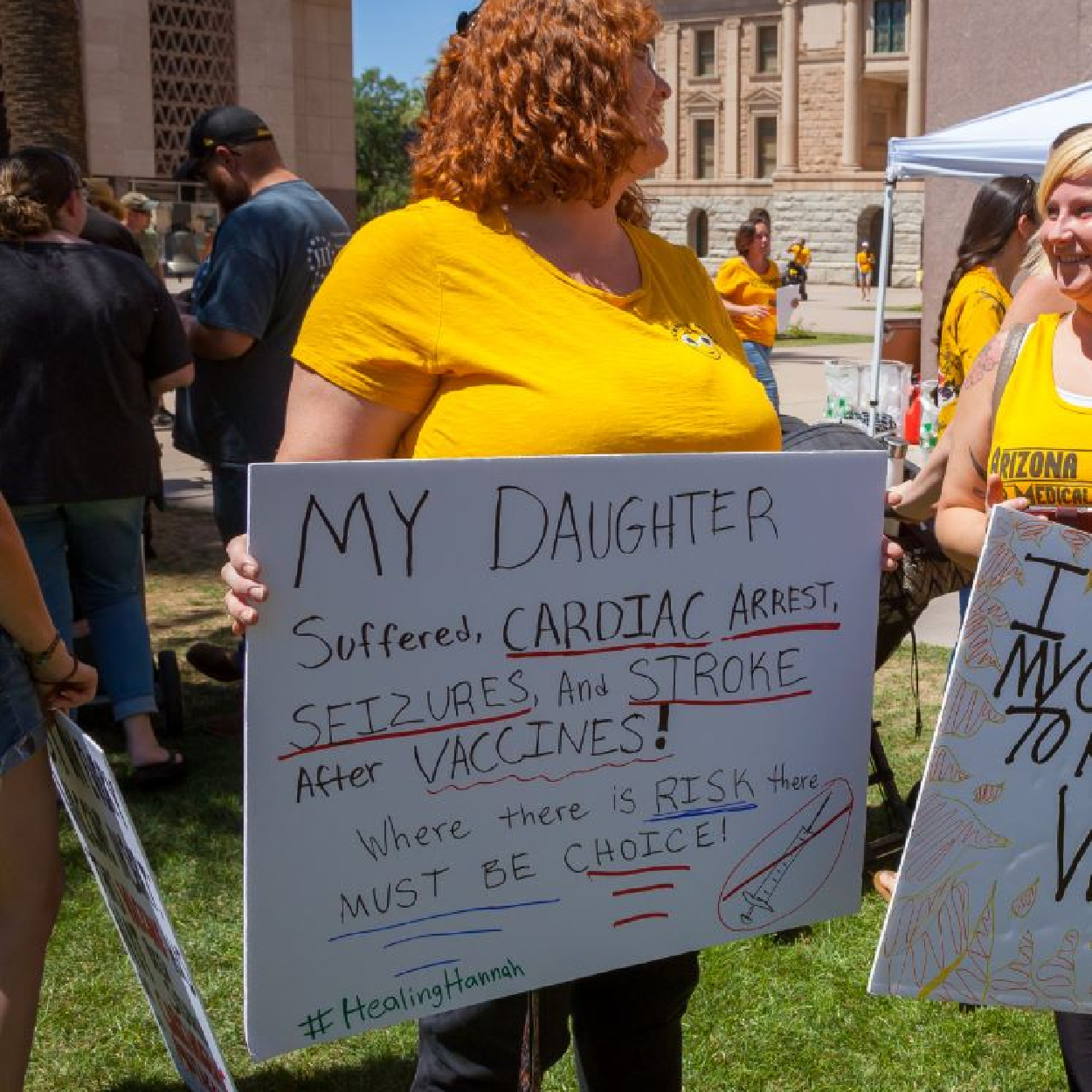
Is Popular Discourse Set Up to Point Us Towards Truth?
It’s understandable why we take for granted that our national conversations about all sorts of things are orienting us towards the truth of the matter. But what if they’re not?

It’s understandable why we take for granted that our national conversations about all sorts of things are orienting us towards the truth of the matter. But what if they’re not?

In advance of the likely approval and administration of COVID-19 vaccination to many younger children, it’s worth revisiting an important question in pharmacological research generally: How long does evidence gathering need to extend in order to deem an intervention “safe” or “effective”?

The intensity of feelings around vaccine mandates makes clear comprehension of what other people actually believe more difficult, and less likely across the board. Mapping out summary positions held on key questions might help a little, at least as a step in the right direction.

A new letter from the First Presidency has opened up many conversations about the reasons and universality of following prophetic counsel. But prophetic counsel is meaningful because it can stretch us in new and unexpected ways.

It’s understandable that many would have questions and concerns with the percentage of people declining the COVID-19 vaccine. But rather than make space for a human exchange about serious fears on both sides, incendiary rhetoric makes such conversation impossible, by insisting the only reason for dissent is selfishness or blatant ignorance.